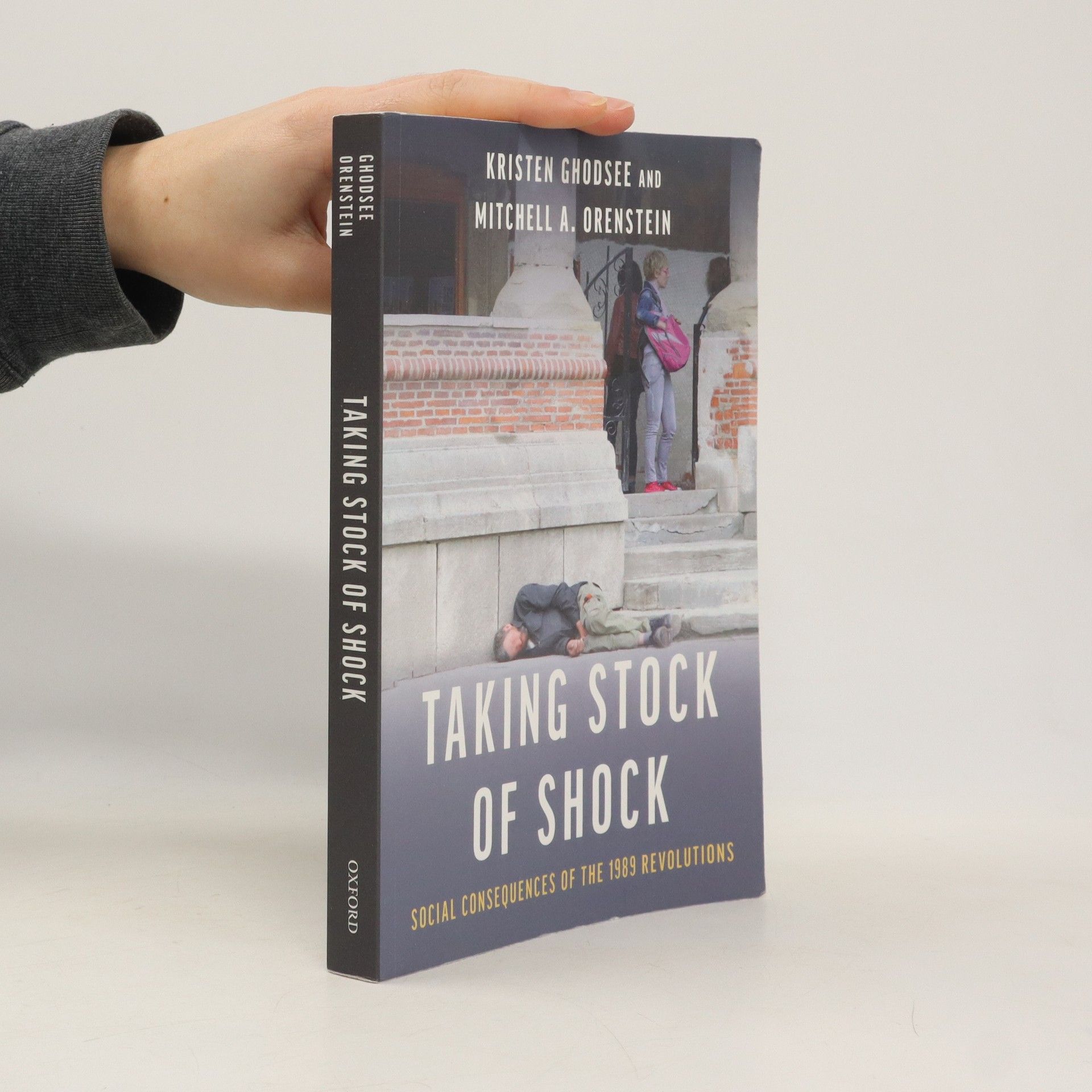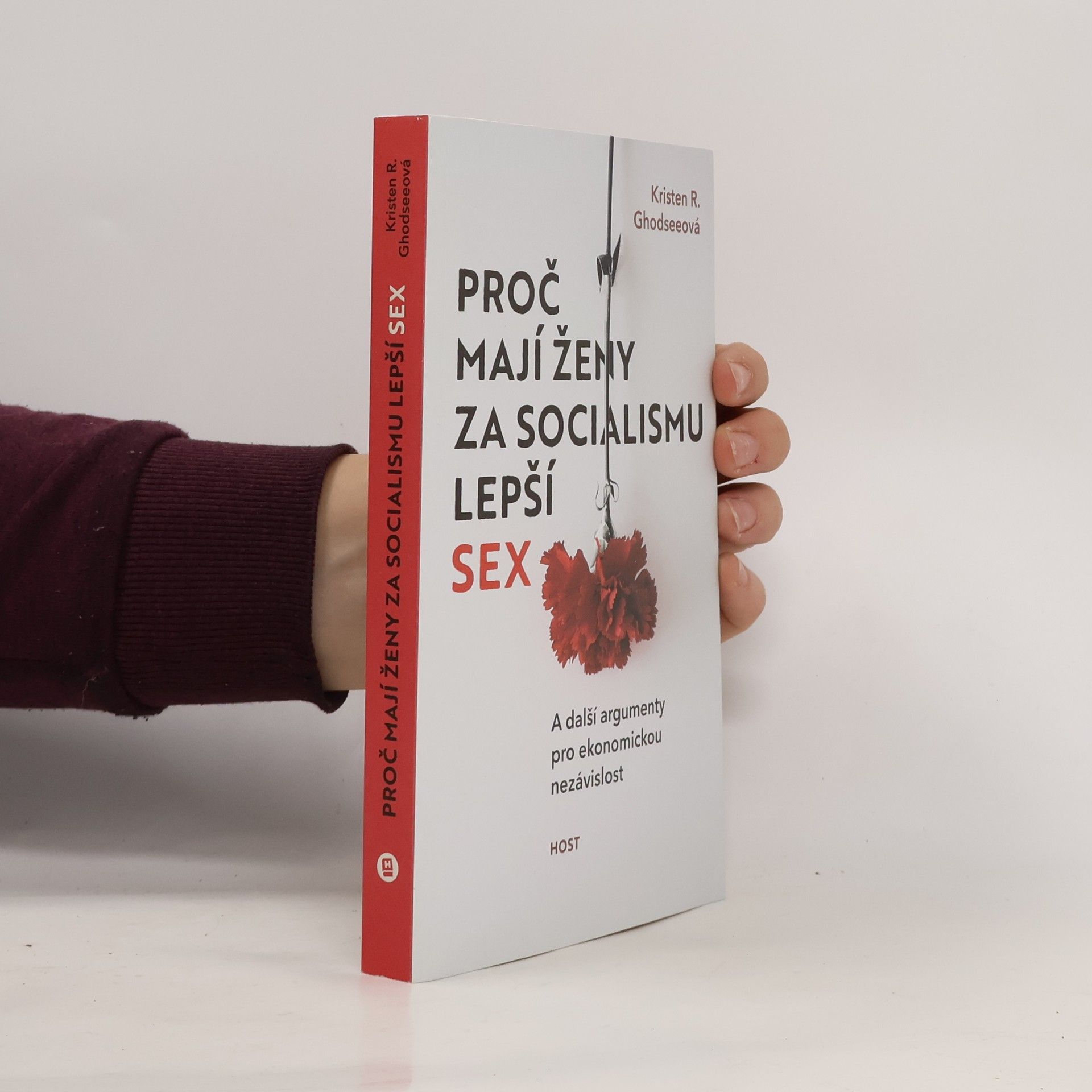»Utopia is back!« Thomas Piketty Ob Care-Arbeit, Erziehung oder Bildung: Viele Bereiche unseres Alltags sind ungerecht organisiert – zumeist tragen Frauen die Hauptlast. Sie sollen sich um die Kinder kümmern, den Haushalt besorgen, die kranke Verwandtschaft pflegen und ihre ökonomische Unabhängigkeit doch gefälligst für ein Leben in der Kleinfamilie aufgeben. Im Laufe der Geschichte haben Philosophen, Aktivistinnen und Pioniere nach alternativen Lebensformen gesucht: von den rein weiblichen »Beginenhöfen« im mittelalterlichen Belgien über die matriarchalischen Ökodörfer im heutigen Kolumbien; von der Kommune des Pythagoras bis hin zu Produktions- und Wohngenossenschaften frühsozialistischer Utopisten. Kristen Ghodsee hat zahlreiche inspirierende Beispiele zu einer radikal hoffnungsvollen Vision versammelt. Einige dieser Experimente waren ein kurzes Leuchtfeuer, andere sind der lebende Beweis dafür, dass eine andere Welt möglich ist. Utopien für den Alltag ist auch ein praktischer Leitfaden für alle, die auf der Suche nach Ideen sind, wie wir gleichberechtigter und glücklicher leben können.
Kristen R. Ghodsee Bücher
Kristen R. Ghodsee ist eine preisgekrönte Autorin und Ethnographin, die sich auf die gelebten Erfahrungen von Sozialismus und Postsozialismus in Osteuropa spezialisiert hat. Ihre Arbeit taucht tief in die Nuancen des täglichen Lebens unter diesen politischen Systemen ein und deckt die komplexen Auswirkungen auf Einzelpersonen und Gemeinschaften auf. Durch ihre Forschung und ihr Schreiben bietet Ghodsee einen tiefgründigen Einblick in historische und zeitgenössische Formen gesellschaftlicher Organisation und deren Einfluss auf das menschliche Leben. Ihre Essays werden in führenden globalen Publikationen veröffentlicht, und ihre Artikel wurden in über ein Dutzend Sprachen übersetzt, was die breite internationale Resonanz ihrer wissenschaftlichen Arbeit widerspiegelt.







Im August 2017 sorgte ein Beitrag von Kristen R. Ghodsee in der New York Times für Furore. Der Titel: Warum Frauen im Sozialismus besseren Sex hatten. Bei »Sozialismus« mögen viele an alte Männer in grauen Anzügen denken. Tatsächlich aber garantierten zahlreiche sozialistische Länder ihren Bürgerinnen durch die Integration in den Arbeitsmarkt, Lohngleichheit und eine aktive Sozial- und Familienpolitik ein hohes Maß an ökonomischer Unabhängigkeit. Das erlaubte vielen Frauen, ihre Partner nicht nur unter dem Gesichtspunkt wirtschaftlicher Absicherung, sondern eben auch unter dem der individuellen Entfaltung zu wählen. Dreißig Jahre nach dem Ende des Staatssozialismus blickt die Historikerin und Ethnografin zurück und untersucht die Auswirkungen der kapitalistischen Transformation auf die Leben von Frauen. Die Lasten einer unregulierten Wirtschaft, so das Ergebnis ihres Essays, den sie nun erweitert als Buch vorlegt, tragen vor allem Frauen. Und sie sind es, die durch eine gerechtere Gesellschaft am meisten zu gewinnen haben.
Why the most radical feminists were also communists
Why Women Have Better Sex Under Socialism
- 256 Seiten
- 9 Lesestunden
A spirited, witty, deeply researched exploration of why socialism, when done right, can lead to economic independence, better work-life balance, and, yes, even better sex
Using an interdisciplinary approach, this book evaluates the social consequences of the post-1989 transition from state socialism to free market capitalism in Central and Eastern Europe and Central Asia. Blending ethnographic accounts with economic, demographic, and public opinion data, the authors provide insight into the emergence of new, unequal social orders. It examines the contrasting narratives on transition promoted by Western institutions and their critics—one of qualified success and another of epic catastrophe—showing that data can support both perspectives for different countries and regions. While some citizens experienced significant improvements in living standards and life satisfaction, allowing them to catch up with the West after a brief recession, others faced demographic and social collapses due to rising economic precarity, the degradation of social welfare from privatization, and increasing gender, class, and regional disparities tied to neoliberal reforms. Transition recessions in many countries lasted decades, surpassing the severity of the US Great Depression. Some nations have yet to return to pre-1989 levels of economic production or mortality, with significant population losses projected. Thirty years after the fall of the Berlin Wall, this work presents a comprehensive array of data from various social science fields to offer a nuanced perspective on the successes and failures of the transition, ch
Anthropologist Kristen Ghodsee looks at pioneering experiments in communal living to present a rousing argument for rethinking what we mean by home. 'A must-read' THOMAS PIKETTY 'Just wonderful' ANGELA SAINI Throughout history and around the world today, forward-thinking communities have pioneered alternative ways of living together, sharing property and raising children. In Everyday Utopia, anthropologist Kristen Ghodsee explores what we can learn from these experiments - from the ancient Greek commune founded by Pythagoras to the trail-blazing feminists of the French Revolution, from the cohousing movement in contemporary Denmark to the flourishing ecovillages of Colombia and Portugal. She shows why utopian thinking is essential to making a fairer world and that many of the best ways of getting there begin at home. 'This warm, intelligent and lucid book takes us on a deep dive into how people have created better systems for living - systems that actually work' ROBERT WALDINGER, author of The Good Life and director of the Harvard Study of Adult Developmet 'Exhilarating. A powerful reminder that dreaming of better worlds is not just some fantastical project but also a very serious political one' REBECCA TRAISTER, author of Good and Mad 'Splendid. Invigorating writing for a cheerless era' YANIS VAROUFAKIS, author of Technofeudalism 'A vision of what our future could be if we dare to dream' SUSAN NEIMAN, Left Is Not Woke
Red Hangover
- 264 Seiten
- 10 Lesestunden
Kristen Ghodsee examines the legacies of twentieth-century communism on the contemporary political landscape twenty-five years after the Berlin Wall fell, reflecting on the lived experience of postsocialism and how many ordinary men and women across Eastern Europe suffered from the massive social and economic upheavals in their lives after 1989.
Červené valkýry
- 352 Seiten
- 13 Lesestunden
Prostredníctvom sviežich biografických esejí sa skúma história socialistického feminizmu vo východnej Európe. Autorka analyzuje revolučné kariéry piatich významných socialistických žien z 19. a 20. storočia: boľševickej aristokratky Alexandry Kollontajovej, radikálnej pedagogičky Nadeždy Krupskej, polyamornej buričky Inessy Armandovej, smrteľnej ostreľovačky Ľudmily Pavličenkovej a partizánky a vedkyne Jeleny Lagadinovej. Kristen Ghodsee sa zaoberá osobnými výzvami, ktorým čelili tieto ženy, pričom žiadna z nich nebola „dokonalou“ ľavičiarkou. Ich životy boli plné vnútorných konfliktov a protirečení, no napriek tomu dokázali posunúť svoje politické projekty vpred. Tieto ženy sa snažili nájsť rovnováhu medzi triednou solidaritou a potrebou presadiť problémy žien, čím hľadali nové riešenia pre dnešné aktivistky. V krátkych kapitolách, bohatých na historické príklady a aktuálne úvahy o postavení žien, Ghodsee približuje myšlienky socialistického feminizmu a inšpiruje súčasné emancipačné hnutia na celom svete.
Proč mají ženy za socialismu lepší sex
- 237 Seiten
- 9 Lesestunden
Proč mají ženy za socialismu lepší sex - A další argumenty pro ekonomickou nezávislost. Štěstí v rodině, úspěch v kariéře i pohoda v posteli začínají v zákonech. Západní společenská stabilita poválečných let je paradoxně v mnohém dílem komunismu: demokratické státy ze strachu před radikalizací obyvatelstva přijímaly opatření, jimž se dnes souhrnně říká sociální stát. Snad žádné skupiny obyvatel se tento vývoj nedotkl tak výrazně jako žen: vzdělávací politika a státní podpora jim umožnily kariéru, sexuologie a zdravotnictví částečně odtabuizovaly sexuální život a ženské tělo přestalo být vlastnictvím někoho jiného. S rokem 1989, kdy skončila komunistická hrozba a začala sílit mantra deregulace, se trend obrátil a sociální stát začal korodovat. Dnes jsou ženy více ohroženy chudobou a sexuální vztahy se opět pojí s materiálním zajištěním. Kristen Ghodseeová v provokativní studii analyzuje, jaké dopady má kapitalismus na soukromí, kariéry i sebevědomí žen a kudy by se mohl v budoucnu ubírat.

